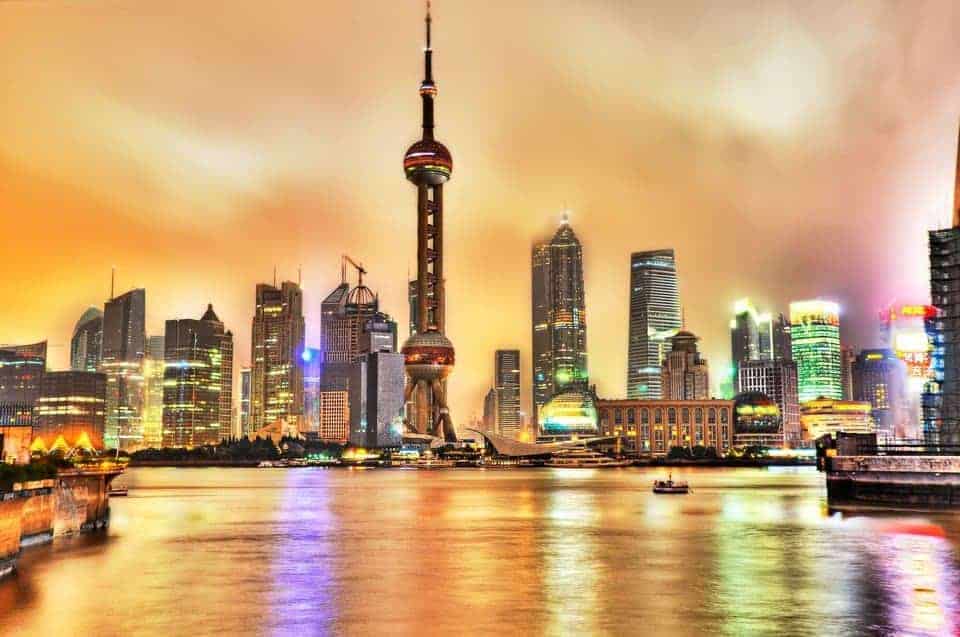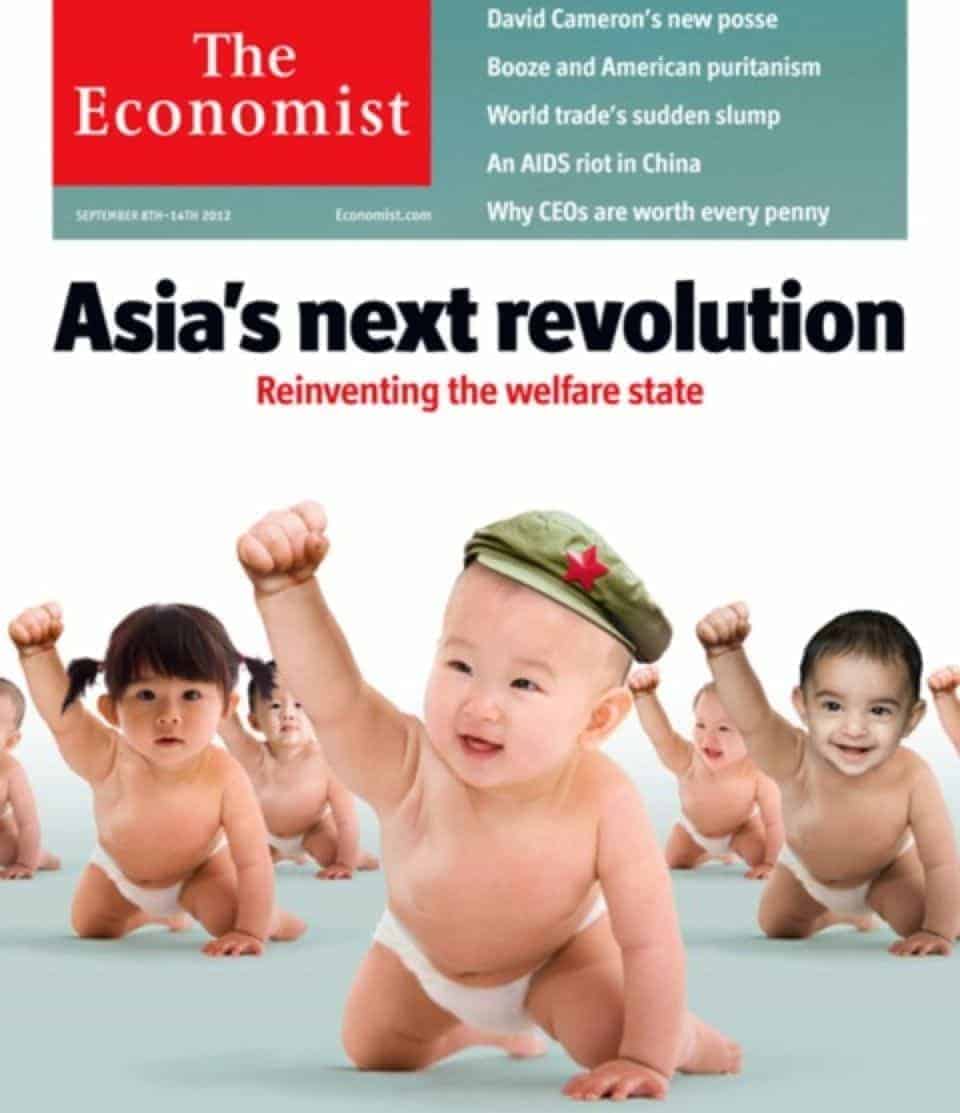
The redistribution of hope
Optimism is on the move—with important consequences for both the hopeful and the hopeless
Globalisation Dec 16th 2010 | from PRINT EDITION
“HOPE” is one of the most overused words in public life, up there with “change”. Yet it matters enormously. Politicians pay close attention to right-track/wrong-track indicators. Confidence determines whether consumers spend, and so whether companies invest. The “power of positive thinking”, as Norman Vincent Peale pointed out, is enormous.
For the past 400 years, the West has enjoyed a comparative advantage over the rest of the world when it comes to optimism. Western intellectuals dreamed up the ideas of enlightenment and progress, and Western men of affairs harnessed technology to impose their will on the rest of the world. The Founding Fathers of the United States, who firmly believed that the country they created would be better than any that had come before, offered citizens not just life and liberty but also the pursuit of happiness.
Not that the West was free of appalling brutality. Indeed, the search for Utopia can bring out the worst as well as the best in mankind. But the notion that the human condition was susceptible to continual improvement sat more comfortably with Western scientific materialism than with, say, the caste system in India or serfdom in Russia.
Now hope is on the move. According to the Pew Research Centre, some 87% of Chinese, 50% of Brazilians and 45% of Indians think their country is going in the right direction, whereas 31% of Britons, 30% of Americans and 26% of the French do. Companies, meanwhile, are investing in “emerging markets” and sidelining the developed world. “Go east, young man” looks set to become the rallying cry of the 21st century.
From Globalisation: The redistribution of hope | The Economist
I grew up reading “The Economist”. I remembered looking forward to the addition of each new edition of the magazine to the library of my school in Guyana. It was the source of unbiased world news, analysis, and opinion. Back then, there were not many choices, but the thing that impressed me most was the way they covered the stories that mattered. An unbiased, well written, thoughtful analysis of the events around the world. Since then, I have only grown fonder and more appreciative of this journalistic “tour de force”. I don’t always agree with their viewpoint, but have never felt they were pushing an agenda. All this to say, “The Economist” is among one of my most highly recommended readings. Click on the link above to see what I mean by a well-written article. As an unabashed optimist, I just love the last paragraph. You will just have to check it out yourself!
